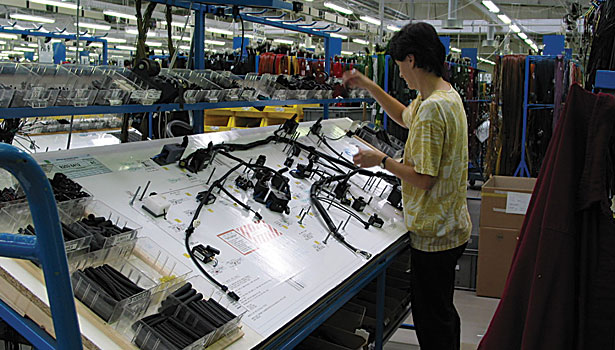Wiring assembly quality standards are standardized by IPC’s publication IPC/WHMA-A-620 for conforming and non-conforming requirements. Customer drawings, notes, or specifications take a higher priority to the IPC/WHMA-A-620 standard, but if no customer specifications are called for the default accept / reject is dictated by the 620 standard. IPC standards are reviewed every three years to ensure the requirements are up to date with technology, industry practices as well as other issues which may have transpired since the previous revision. The IPC/WHMA-A-620 standard covers issues such as electrostatic discharge protection), rework / repair, preparation of wire (stripping, strand damage, deformation, etc.), cleanliness, solder, crimping, pull-test requirements of crimps, hardware mounting, overmolding among other critical processing operations. All issues covered in the 620 standard are intended to provide the end user with a product which will fit their intended needs. There are three classes mentioned in the 620 standard:

- Class 1: general electronic products, that is, toys, non-critical items.
- Class 2: dedicated service electronic products, that is, uninterrupted service is desired but not critical
- Class 3: high performance / harsh environment electronic products, that is, must function when required, life-saving devices, military needs.
